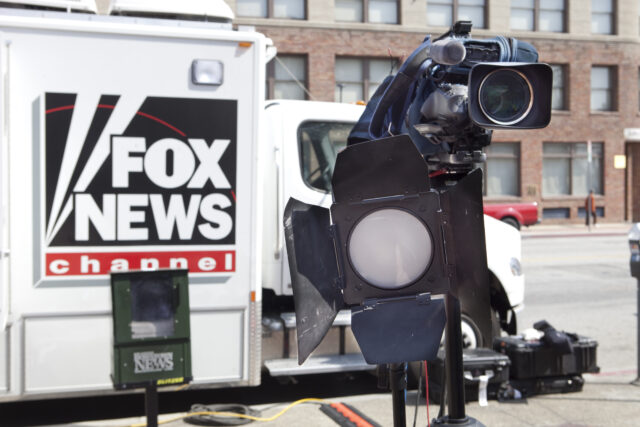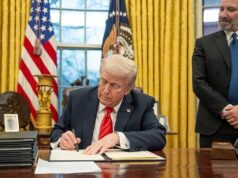Federal Communications Commission (FCC) Chairman Brendan Carr is making waves in Washington by refusing to give corporate media a free pass. In an interview with The Wall Street Journal, Carr said he is prepared to hold powerful broadcasters accountable if they cross the line, even suggesting their licenses could be at risk.
“Broadcast licenses are not sacred cows,” Carr declared, emphasizing that media companies must serve the public interest—not just their own political agenda.
Unlike past FCC chairs who often looked the other way, Carr has embraced President Trump’s call to challenge the entrenched power of legacy outlets. He noted that Trump shattered the illusion that the mainstream press acts as neutral gatekeepers of truth, exposing the bias that millions of Americans already sensed.
Taking on Comcast and NBC
Carr has already taken steps to ensure media giants like Comcast are not misleading the public. Following concerns about the company’s partisan coverage and questionable diversity policies, Carr launched two investigations into Comcast’s practices.
In April, Carr accused Comcast of misleading Americans with its reporting on a high-profile deportation case. By July, he expanded the review to include whether NBC affiliates were truly serving their communities as required under federal law.
The standard Carr cites dates back to 1934, which requires broadcasters to act in the “public interest, convenience, and necessity.” While critics claim such standards are outdated, Carr argues that the law remains clear: if companies are given privileged access to America’s airwaves, they must be held accountable to the public.
The FCC has rarely revoked a broadcast license—most notably in 1971 when a Mississippi station defended segregation—but Carr has signaled he’s willing to use that authority again if necessary.
Fully Aligned With Trump’s Agenda
Carr has been at the FCC since 2017 and makes no secret that he supports the president’s approach. “We are fully aligned with the agenda that President Trump is running,” he told the Journal.
For Carr, this means standing up to the mainstream press, protecting Americans from being misled, and ensuring that media companies don’t abuse their privileged position.
Critics Push Back
Of course, media lawyers and progressive watchdog groups are sounding the alarm. Robert Corn-Revere of the Foundation for Individual Rights and Expression complained to the Journal that Carr’s actions are political. But for millions of conservatives, Carr’s willingness to confront biased outlets is long overdue.
By leaning in rather than playing the old Washington “independence” game, Carr is showing he’s willing to take bold steps to ensure the public gets fair and honest coverage—not just the partisan spin of corporate media.






